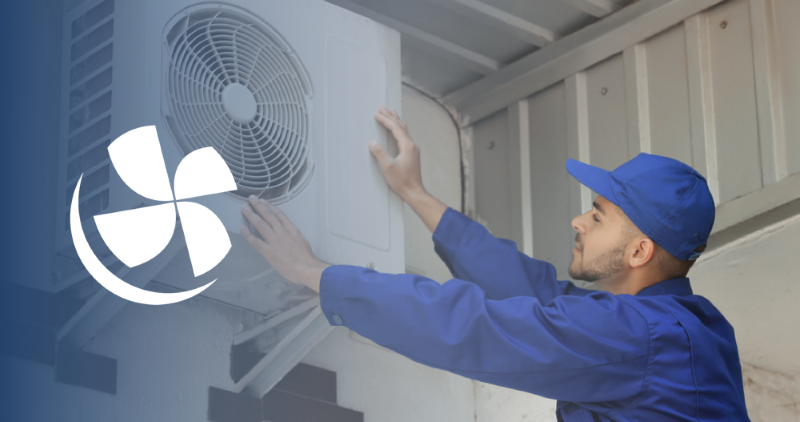
Would you like to be ready for a rewarding HVAC career in a matter of 4-6 months? If you choose an accelerated HVAC training program, you can be. Start as an absolute beginner in the field and be led right up to your EPA certification exam.
How Fast is Accelerated HVAC Training?
At HVAC schools throughout the U.S., six months is a pretty common program length for accelerated training. Some schools, such as National Technical Institute in Las Vegas, NV, and online ones, offer programs that can be completed even faster, in as few as 4 months.
What Courses Are in an Accelerated HVAC Program?
The courses in an accelerated HVAC training program are more or less the same as the courses in a program of standard length.
The difference? In an accelerated program, you’ll generally only take core courses related to HVAC, and few to no general education classes. Florida Technical College, for example, has a 5+ month accelerated HVACR program. In it, you’ll encounter only core courses such as:
- Orientation to Heating and Cooling
- Fundamentals of HVAC/R
- Math for the Trades
- Electrical Systems
- Residential and Light Commercial HVAC Systems
At the end of your accelerated training, as with a standard-length program, you will need to take the EPA Section 608 certification exam. This test allows HVAC techs to handle refrigerants. Your coursework should be aimed at helping you pass it. Look for programs that include preparation guides and practice tests.
Read: What's An HVAC Training Program Like?
Pros & Cons of Accelerated HVAC Training
Though accelerated HVAC training is a straightforward path with the same core materials as a standard program, there may be pros and cons associated with it. Some pros may include:
- Fast time to completion
- Lower cost due to fewer classes
- Online training options
Some cons may include:
- Less opportunity to explore general education credits
- Partial accreditation
- Lack of career services such as job placement and resume assistance
Some schools that offer accelerated training are only accredited in their state, versus national accreditation. For many students, this will never be an issue. However, certain states may have different rules regarding education and licensing requirements. Ask your admissions counselor for more information about the school’s accreditation and how it may affect your future job search.
Additionally, you may want to verify what comes with your enrollment, including EPA 608 prep help or available assistance after graduation. Sometimes, in order to preserve a lower cost for you, schools may offer their programs without these bonuses.
All our HVAC partner schools offer training that can leave you career-ready for a great career path.
Resources for you:





